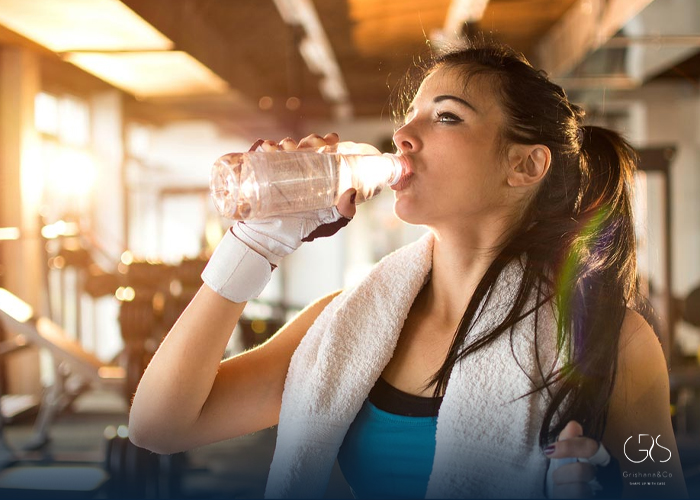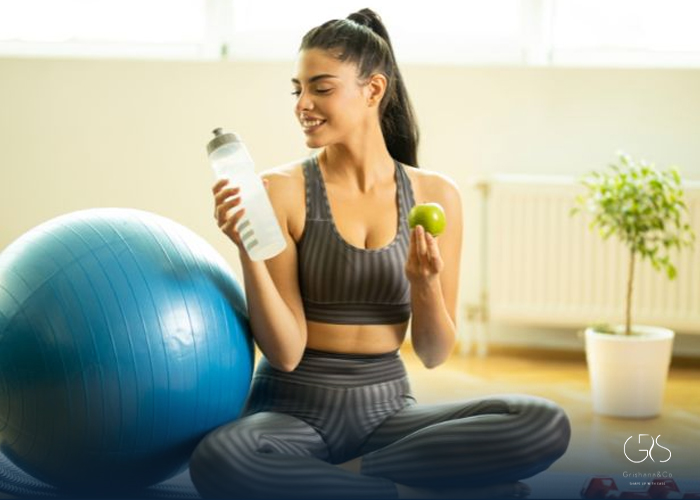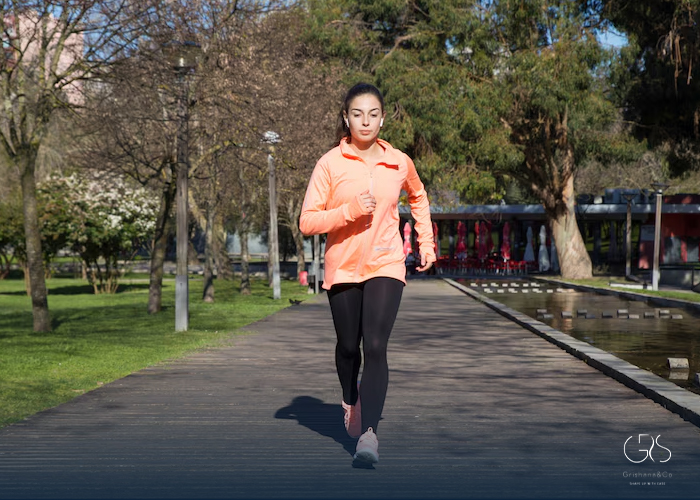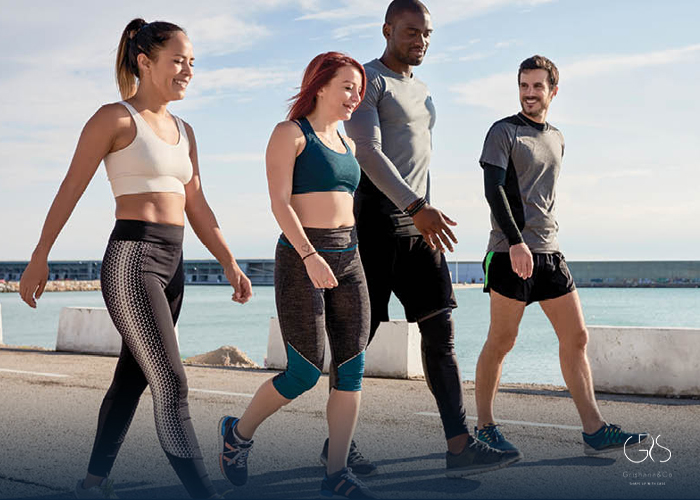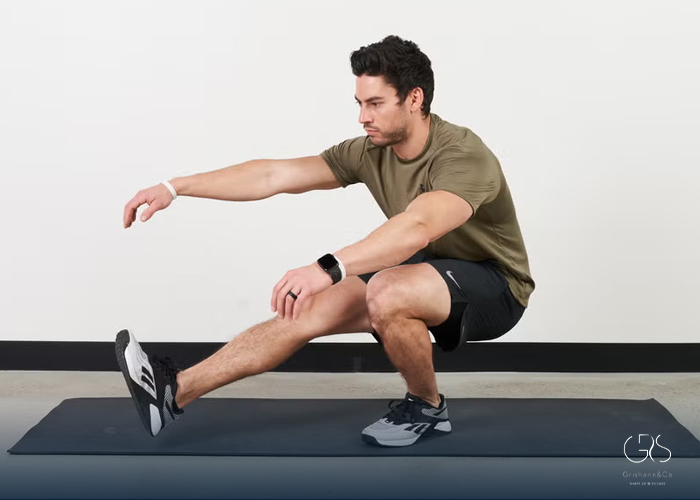Hydration plays a crucial role in maintaining optimal performance and ensuring the proper functioning of our bodies during exercise. As we engage in physical activities, especially intense workouts, we tend to lose fluids through sweat, making it essential to replenish these lost fluids by staying well-hydrated. The importance of hydration during exercise cannot be overstated, as even minimal dehydration can have detrimental effects on performance, such as decreased endurance, increased fatigue, and impaired cognitive function.
The Importance of Hydration During Exercise
Proper hydration is essential for various bodily functions, and when it comes to exercise, it becomes even more critical. According to the American Council on Exercise (ACE), dehydration of as little as 2% of body weight can lead to a significant decrease in performance during physical activities. This decrease in performance is due to the impact of dehydration on cardiovascular function, thermoregulation, and muscle function.
During exercise, our bodies lose fluids through sweat to regulate body temperature and cool down. If these fluids are not adequately replaced through proper hydration, it can lead to dehydration, which hampers the body’s ability to cool itself efficiently. Dehydration can also result in a decrease in blood volume, which in turn reduces the delivery of oxygen and nutrients to the muscles, impacting performance and endurance.
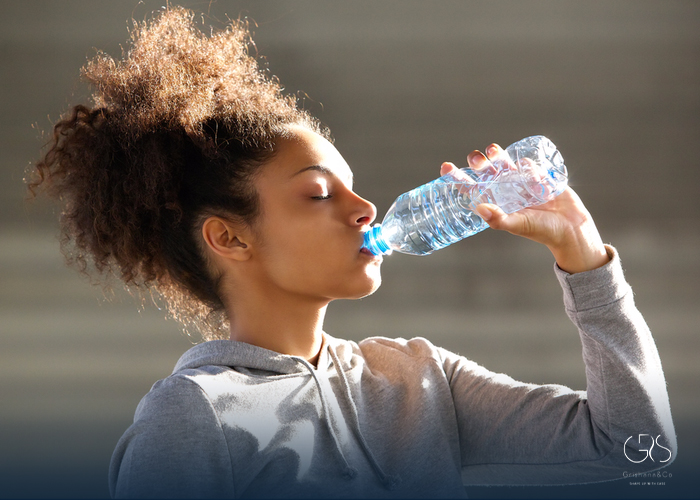
What To Drink During a Workout
When it comes to choosing the right beverages during a workout, water is the go-to option for most people. However, depending on the intensity and duration of the exercise, water alone may not be sufficient to replace the electrolytes lost through sweat. Electrolytes, such as sodium, potassium, and magnesium, play a vital role in muscle function and nerve conduction, making it important to replenish them during and after exercise.
For moderate-intensity exercises lasting less than an hour, water is generally sufficient to maintain hydration levels. However, for longer and more intense workouts, especially in hot and humid conditions, sports drinks or electrolyte-enhanced beverages may be more beneficial. These beverages help replenish electrolytes lost through sweat and provide energy in the form of carbohydrates to sustain performance during prolonged exercise sessions.
Sports drinks containing electrolytes and carbohydrates are designed to enhance hydration and provide a source of quick energy during intense workouts. The inclusion of carbohydrates in sports drinks helps maintain blood sugar levels and delay fatigue, especially during endurance exercises lasting more than an hour.

Consider Diverse Perspectives on Hydration and Exercise
While hydration during exercise is crucial for performance and overall health, it is essential to consider diverse perspectives on this topic. Some individuals may have specific dietary restrictions or health conditions that require them to be more cautious about their hydration choices during workouts. For example, individuals with diabetes need to monitor their blood sugar levels carefully and may need to adjust their fluid intake accordingly to prevent fluctuations in glucose levels.
Moreover, cultural and personal preferences can also influence hydration choices during exercise. In some cultures, traditional beverages or homemade electrolyte solutions are preferred over commercial sports drinks. Understanding and respecting individual preferences can help create a more inclusive approach to hydration during exercise and promote better adherence to hydration guidelines.
Conclusion
Proper hydration is essential for maintaining performance, regulating body temperature, and supporting overall health during exercise. While water is a suitable choice for moderate-intensity workouts, sports drinks or electrolyte-enhanced beverages can be beneficial for longer and more intense exercise sessions. Considering diverse perspectives, individual needs, and preferences is key to promoting optimal hydration practices during exercise and ensuring that everyone can perform at their best.
Sources
- Mayo Clinic, How much should the average adult exercise every day?
- National Center for Biotechnology Information, Hydration during intense exercise training


